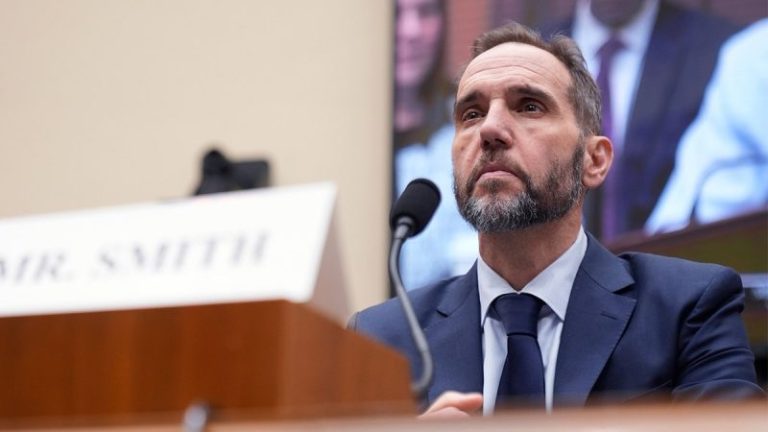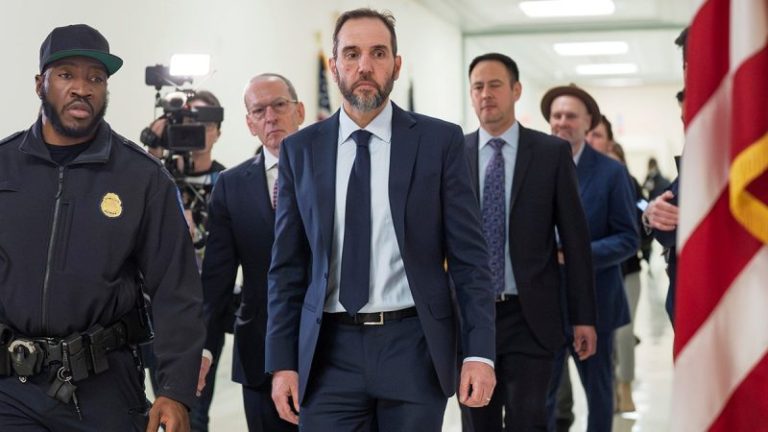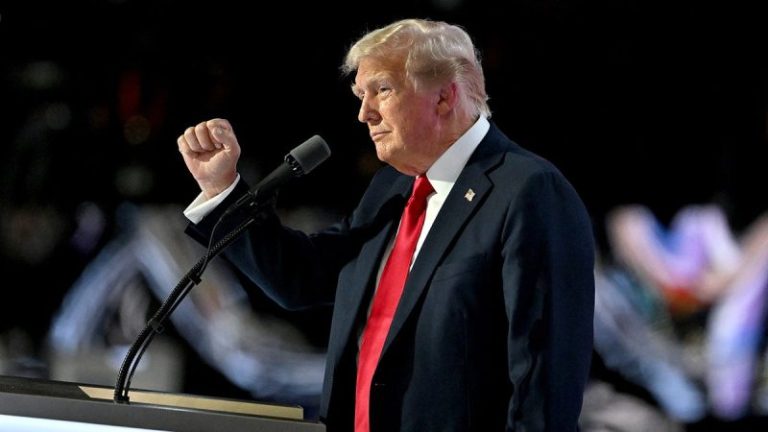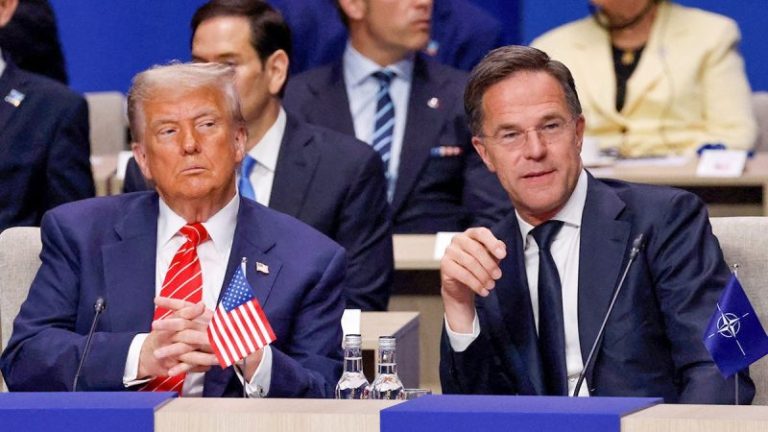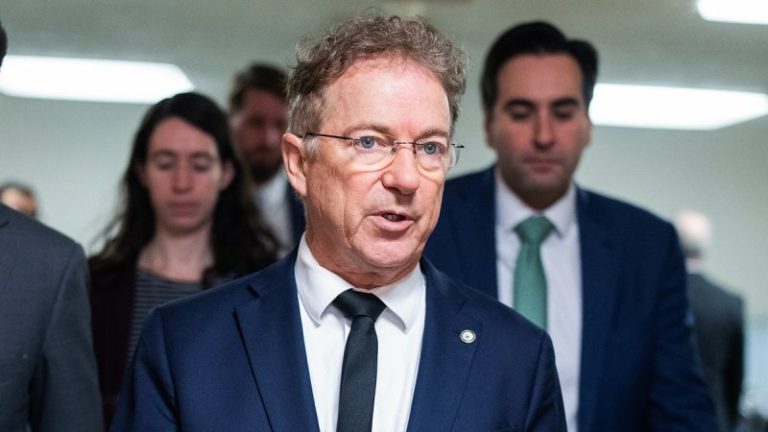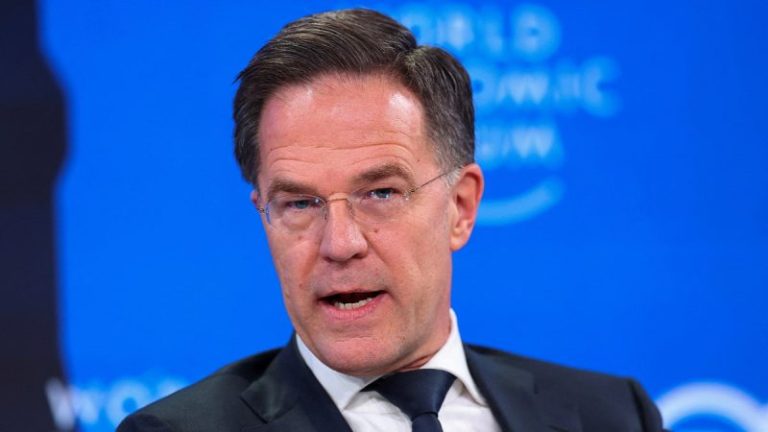Former special counsel Jack Smith’s hearing on Capitol Hill kicked off with a reminder from Judiciary Committee Chair Jim Jordan, R-Ohio, of the controversial 2022 raid of then-former President Donald Trump’s Mar-a-Lago residence.
Jordan revealed that Barron Trump’s room was among the areas searched.
Smith appeared in a Capitol Hill hearing on Thursday in which he was questioned about his prosecutions of Trump. He previously testified about the investigations in a closed-door deposition.
‘And then there was the raid on President Trump’s home. You know, where they searched Barron’s room and the first lady’s closet? In our deposition with Steven D’Antuono, head of the FBI Washington field office, he told us none of the normal process, none of the normal protocol was followed in the investigation,’ Jordan said.
The chairman said that D’Antuono had relayed that the first issue with the raid was that it was run out of the FBI D.C. field office rather than the one in Miami.
Additionally, Jordan said that D’Antuono claimed he and others in the FBI Washington field office recommended that Trump be notified before they carried out the search, ‘or at least when they got there, before they start the search, call the president’s lawyers, ask them to come there and meet them.’ According to Jordan, the Department of Justice (DOJ) rejected the recommendations.
‘On November 18th, 2022, three days after President Trump announces he’s running for president, Attorney General Garland names Jack Smith special counsel. One of the first things Mr. Smith does is put on his team the very people responsible for the raid on President Trump’s home,’ Jordan said.
The raid on Trump’s Mar-a-Lago residence sparked controversy about the handling of the search and what was found during it. At the time, Trump accused the Biden administration of using ‘Third World’ tactics.
‘The Biden administration invaded the home of their chief political opponent, who is absolutely destroying him and everybody else in the polls,’ Trump said in 2022 during a rally in Wilkes-Barre, Pa.
Trump continued, ‘On a phony pretext from a highly political magistrate who they hand-picked late in the evening, just days before the break-in, and trampled upon my rights and civil liberties as if our country that we love so much were a third world nation, we’re like a third world nation.’
Trump told the crowd at the rally that the FBI had gone through then-former first lady Melania Trump’s closet drawers and ‘even did a deep and ugly search of the room of my sixteen-year-old son.’

